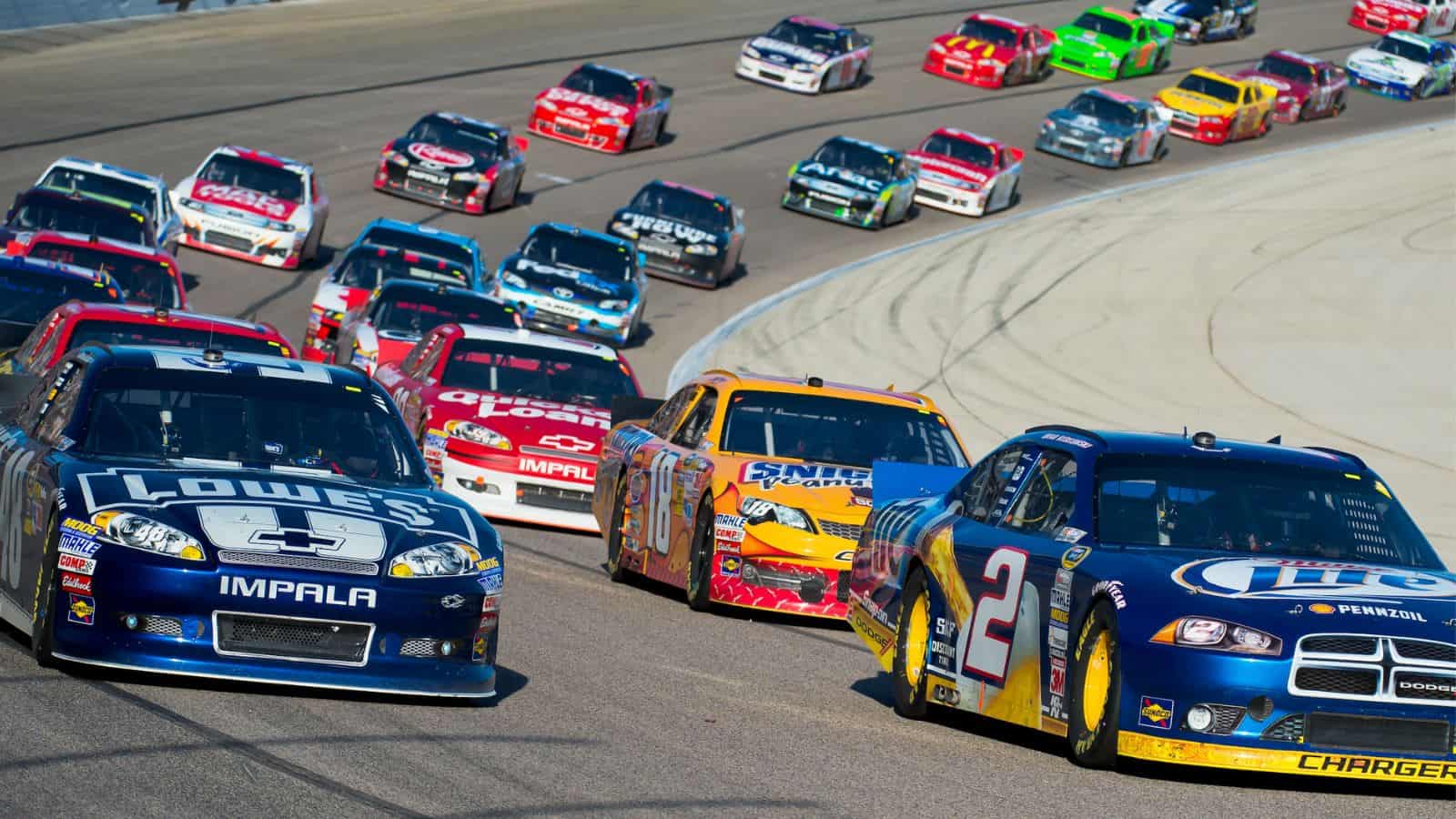Reckless driving is a big problem, especially among men, and it’s important to figure out why this happens to make our roads safer and cut down on accidents. Here are 19 main reasons that explain why men tend to drive more recklessly than others.
Aggression on the Road

We all know that aggressive driving, like tailgating and road rage, is often seen more in men. This behavior usually comes from competitive feelings, stress, or frustration, which makes them more prone to dangerous driving. It’s important for everyone to stay calm on the road and drive safely to prevent accidents.
Risk-Taking Behavior

According to World Bank Blogs, men are more likely to be involved in a car crash, drive at higher speeds, and exhibit risky driving behavior. This is usually tied to social influences and biological reasons that make them feel invincible and crave excitement. Understanding these factors can help explain why some guys drive more dangerously than others.
Peer Pressure

It’s a shame to say that men often feel pushed by their friends to drive aggressively or recklessly, seeing it as a way to show off their masculinity. This pressure from society can make them take dangerous risks on the road, even when it’s not necessary. It’s important to recognize this influence and drive safely.
Overconfidence in Driving Skills

Unfortunately, a lot of men think they’re way better drivers than they really are. They believe they can handle speeding or tricky moves, but that overconfidence can lead to dangerous choices behind the wheel. It’s important to recognize our limits and drive safely to avoid accidents and keep everyone safe.
Higher Likelihood of Substance Use

While it isn’t all men, some tend to drive while under the influence of alcohol or drugs, which affects their judgment and leads to risky driving. Using substances slows down their reaction times and clouds their decision-making, making it more likely they’ll engage in dangerous behavior on the road. It’s a serious safety concern for everyone.
Less Likely to Wear Seatbelts

Many people agree that men tend to wear seatbelts less often than women, often because they feel invincible or just uncomfortable. This lack of safety can be linked to riskier driving habits. It’s important to recognize the value of seatbelts in keeping everyone safe on the road, no matter how confident we feel.
Influence of Media and Entertainment

Movies, video games, and ads often show reckless driving as thrilling or cool, and this tends to influence men more than women. High-speed chases and daring stunts in entertainment can shape how male drivers think and act behind the wheel, making risky driving seem more appealing than it really is.
Stress and Work Pressure

It’s common knowledge that men often deal with a lot of stress from work, which can make them drive aggressively or impatiently. Trying to meet deadlines or handle job pressures can lead to risky driving as a way to release that built-up frustration. It’s important to find better ways to cope with stress while driving.
Higher Exposure to Driving

Did you know that men typically spend more time behind the wheel than women, which means they face more chances of encountering reckless driving situations? This extra time driving can make them more comfortable with risky behavior, leading to a higher likelihood of dangerous driving habits because they become desensitized to the risks involved.
Competitive Nature

Men often show their competitive side while driving, sometimes racing or trying to show off against other drivers. This kind of competition can lead to risky behaviors and reckless driving, which not only puts them in danger but also endangers everyone else on the road. It’s something to be cautious about.
Adolescence and Young Adulthood

It turns out that young men, especially teenagers and those in their early twenties, are more prone to reckless driving. This age group tends to underestimate risks and overestimate their driving skills, contributing to higher accident rates.
Cultural Norms

We shouldn’t overlook that cultural norms and expectations about masculinity can pressure men to drive recklessly. Societal messages that equate aggressive driving with strength or competence can influence men to adopt these behaviors to fit cultural ideals.
Preference for High-Performance Vehicles

There’s no denying that men are more likely to own and drive high-performance vehicles, which can encourage speeding and risky maneuvers. The power and speed capabilities of such vehicles can tempt drivers to test their limits and then put themselves and others in danger.
Poor Impulse Control

As science can explain, men often exhibit poorer impulse control compared to women, which can lead to spur-of-the-moment decisions on the road. This lack of restraint can result in dangerous driving actions, such as sudden lane changes or running red lights.
Less Likely to Attend Defensive Driving Courses

It’s a common fact that men are less likely to enroll in defensive driving courses, missing out on valuable training that can promote safer driving habits. Without this education, they may be more prone to reckless driving behaviors, endangering people on the roads.
Influence of Sports Culture

You could probably guess that the culture surrounding sports, particularly those that emphasize speed and aggression, can influence men’s driving habits. Men who are fans of high-speed sports may mimic the behaviors they admire in athletes, translating them to the road.
History of Traffic Violations

The truth of the matter is that men typically have a higher number of traffic violations, including speeding tickets and DUIs. This history indicates a pattern of reckless behavior and a likelihood to continue such practices.
Underestimating Consequences

If you take a closer look, you’ll notice that men often underestimate the consequences of reckless driving, believing that they can avoid accidents or penalties. This underestimation can lead to repeated risky behaviors without consideration for potential outcomes.
Societal Encouragement

It seems that sometimes society implicitly encourages men to take risks and exhibit dominance, including on the road. Messages from media, peers, and cultural norms can create an environment where reckless driving is seen as acceptable or even desirable.
Read More: The Boomers Called It: 19 Stupid Trends That Backfired

Sometimes, we get carried away with trends that we think are cool at the time, only to realize later how utterly ridiculous they were. Join us as we take a cringe-worthy trip down memory lane and explore 19 stupid trends that backfired. Prepare for some facepalms!
The Boomers Called It: 19 Stupid Trends That Backfired
18 Reasons Why No One Is Interested in Working Anymore

The concept of traditional employment has taken a back seat in recent times with changes in economic and social factors, as well as individual preferences. Traditional jobs have also evolved, and many people don’t feel the need to take this route anymore. These are 18 reasons why no one is interested in working anymore.
18 Reasons Why No One Is Interested in Working Anymore
17 States Americans No Longer Want to Live In

America is constantly changing, and within it, so are its states. Some have new laws that residents don’t agree with, while others have increasing rates of unemployment or areas of extreme poverty. These aspects make it difficult for a person to stay in their home state. Here are 17 states that Americans are deciding to reconsider.
